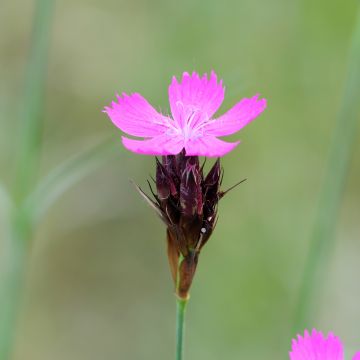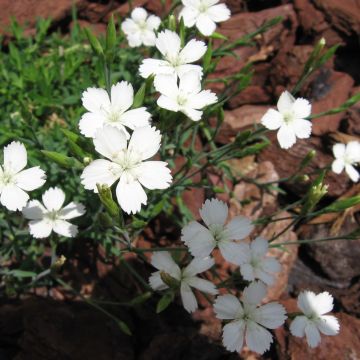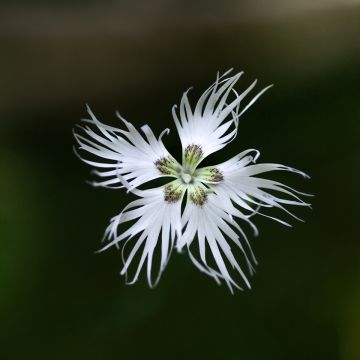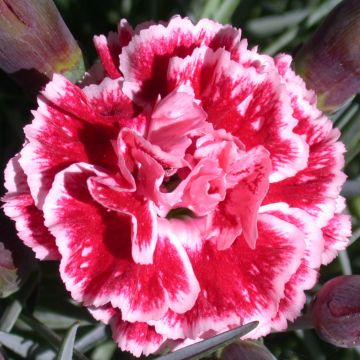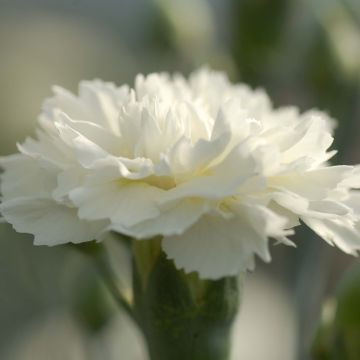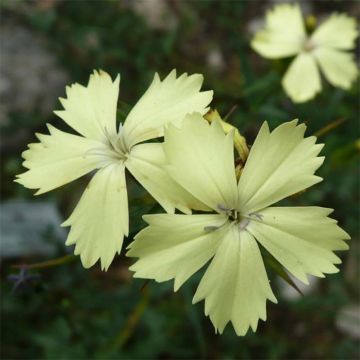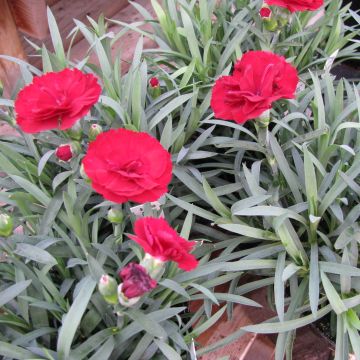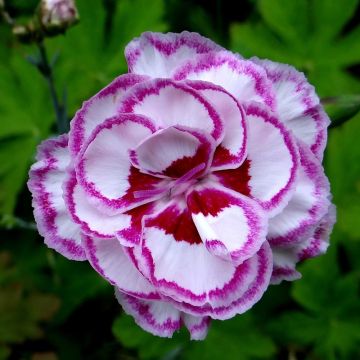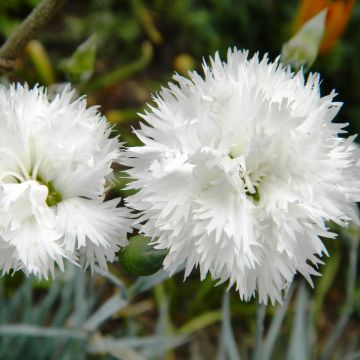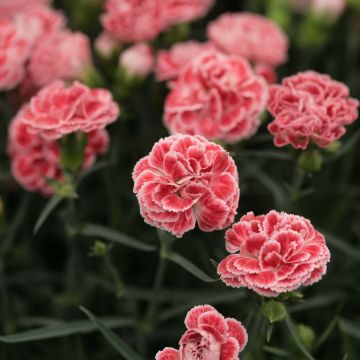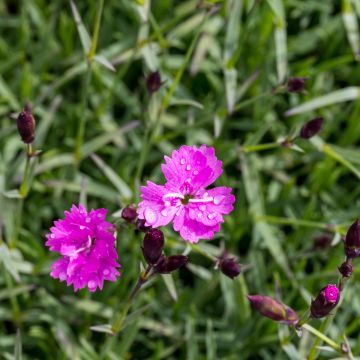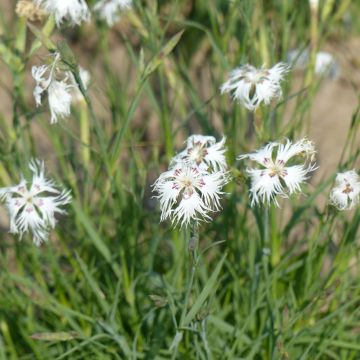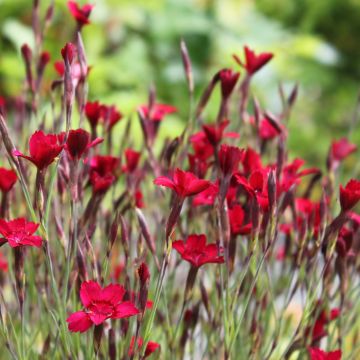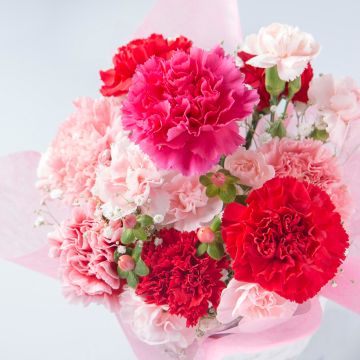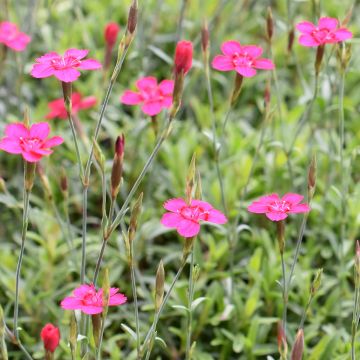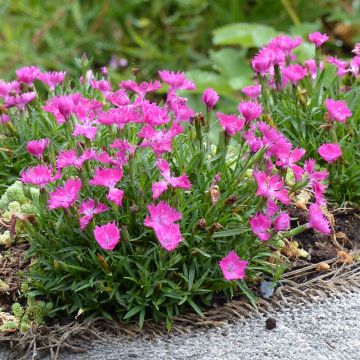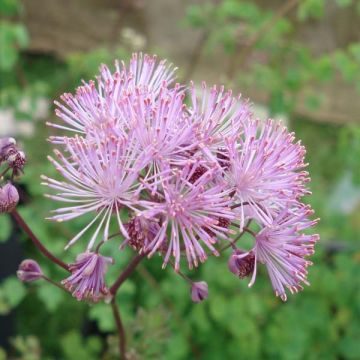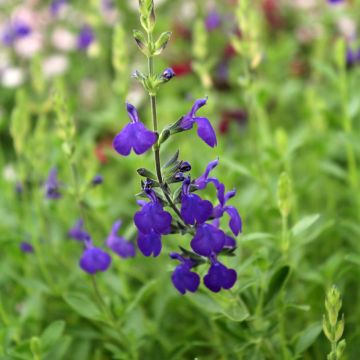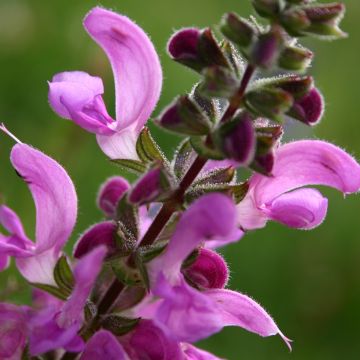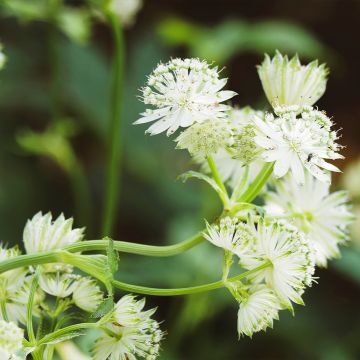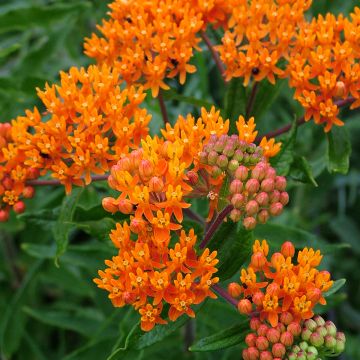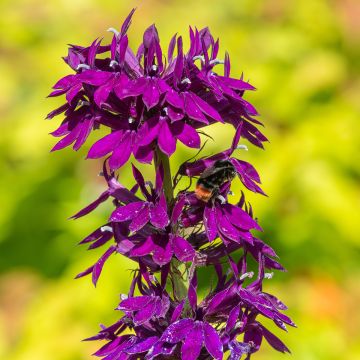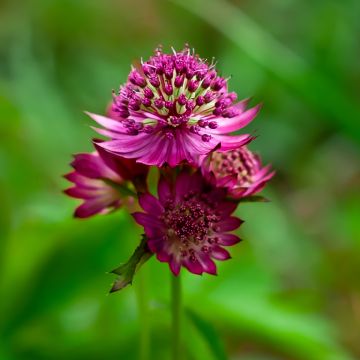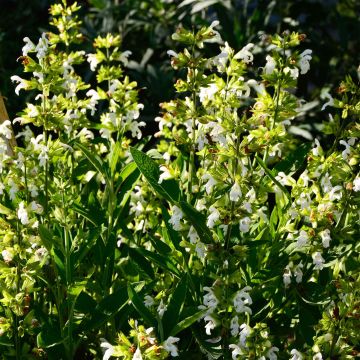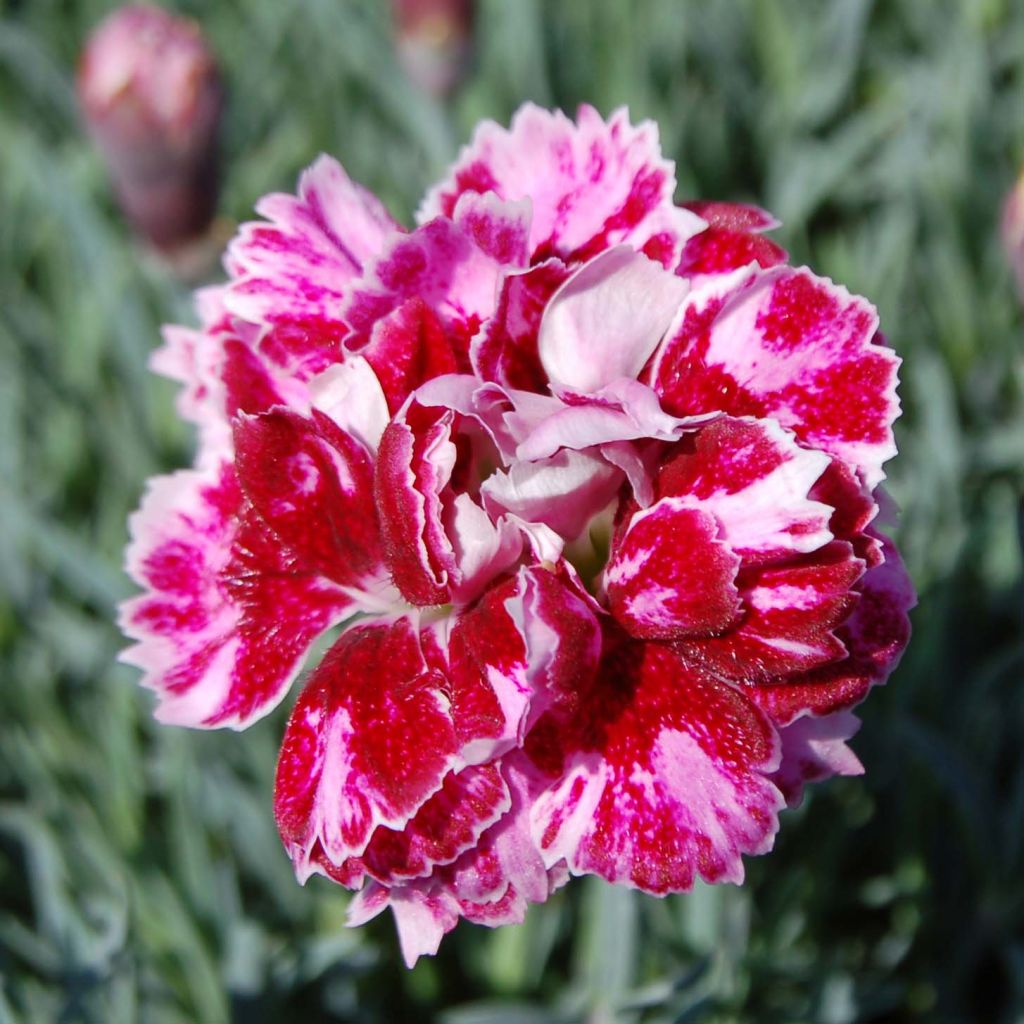

Dianthus gratianopolitanus Whatfield Gem
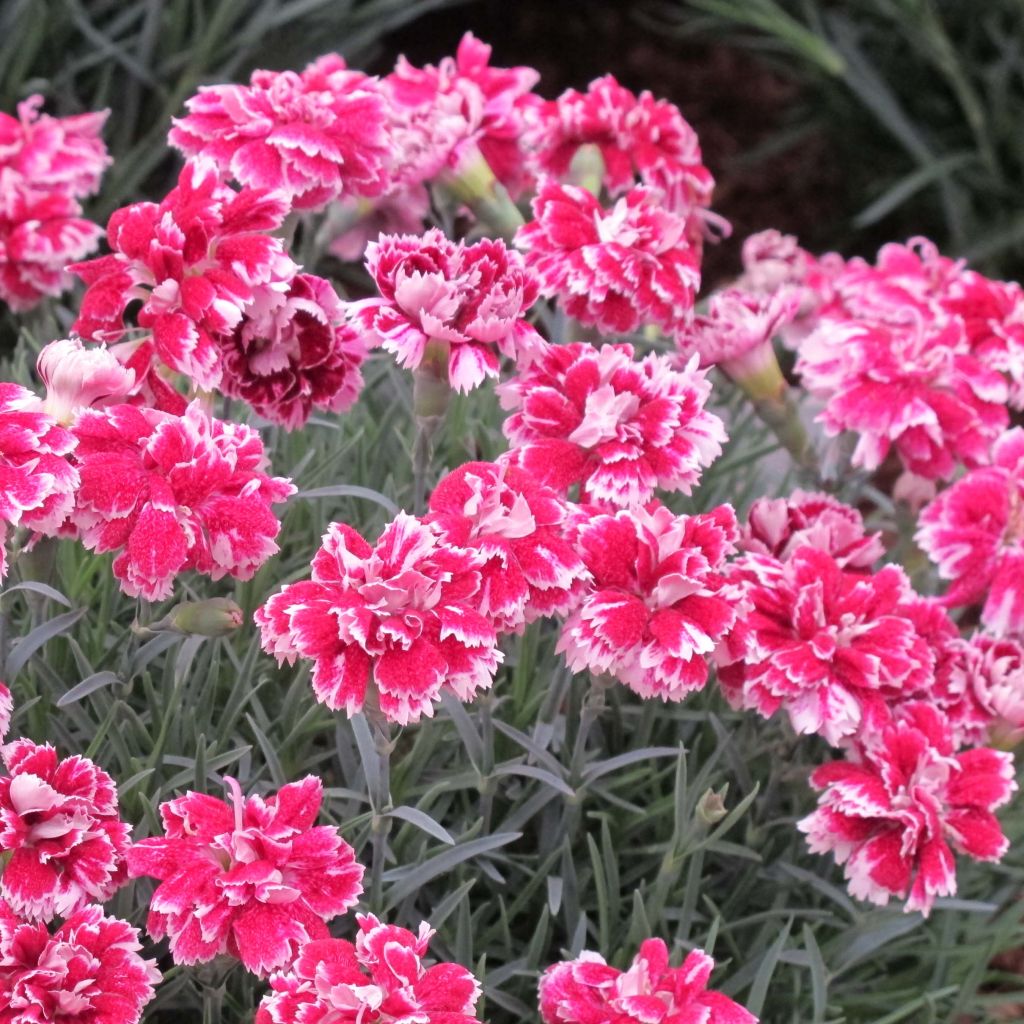

Dianthus gratianopolitanus Whatfield Gem
Dianthus gratianopolitanus Whatfield Gem
Dianthus gratianopolitanus Whatfield Gem
Cheddar Pink, Cliff pink, Clove pink, Mountain pink, Sweet pink
excellent value for money
martine, 23/09/2024
Special offer!
Receive a €20 voucher for any order over €90 (excluding delivery costs, credit notes, and plastic-free options)!
1- Add your favorite plants to your cart.
2- Once you have reached €90, confirm your order (you can even choose the delivery date!).
3- As soon as your order is shipped, you will receive an email containing your voucher code, valid for 3 months (90 days).
Your voucher is unique and can only be used once, for any order with a minimum value of €20, excluding delivery costs.
Can be combined with other current offers, non-divisible and non-refundable.
Why not try an alternative variety in stock?
View all →This plant carries a 12 months recovery warranty
More information
We guarantee the quality of our plants for a full growing cycle, and will replace at our expense any plant that fails to recover under normal climatic and planting conditions.
Would this plant suit my garden?
Set up your Plantfit profile →
Description
Dianthus Whatfield Gem is a lovely miniature carnation, derived from a montane species called blue carnation, Grenoble carnation or Pentecost carnation. This plant has retained the very compact habit of its ancestor and its sweet and spicy fragrance, but it produces surprising double flowers for several weeks, of a beautiful size considering the reduced height of the plant, but above all beautifully variegated with ruby red and white on a light pink background. A true gem for rockeries, walls, and flowering pots, to be grown in full sun.
The 'Whatfield Gem' carnation belongs to the Caryophyllaceae family. It is a recent English cultivar derived from Dianthus gratianopolitanus, native to European mountains. This carnation grows rapidly. Its adult size will not exceed 12-15cm (5-6in) in height when flowering with a spread of 40cm (16in) or more. This plant forms a small prostrate cushion-like clump with a creeping base. Its linear leaves, often evergreen, are coriaceous and of a superb grey-blue colour. Flowering takes place in May and June, until August if the soil is not too dry. The plant is then covered with beautiful double flowers, slightly tousled, with fringed petals, a light and fresh pink colour, randomly striped and sprinkled with dark red and white spots. Their fragrance reaches level 3 on a scale of 5. They bloom at the top of stiff and very short stems, generally one-flowered.
Dianthus gratianopolitanus 'Whatfield Gem' is a sturdy plant despite its precious flower appearance, perfectly adapted to poor soil on slopes and rockeries. It can accompany other undemanding flowering cushions such as alpine asters, dwarf artemisia, Artemisia lanata, wall bellflower, Caucasian rockcress, creeping phlox, Delosperma cooperi or Geranium sanguin (Geranium sanguineum). This plant forms a nice garnish between stones or above a wall, in the gaps of paving, or in a flower pot. It adapts very well to pot cultivation.
Report an error about the product description
Dianthus gratianopolitanus Whatfield Gem in pictures
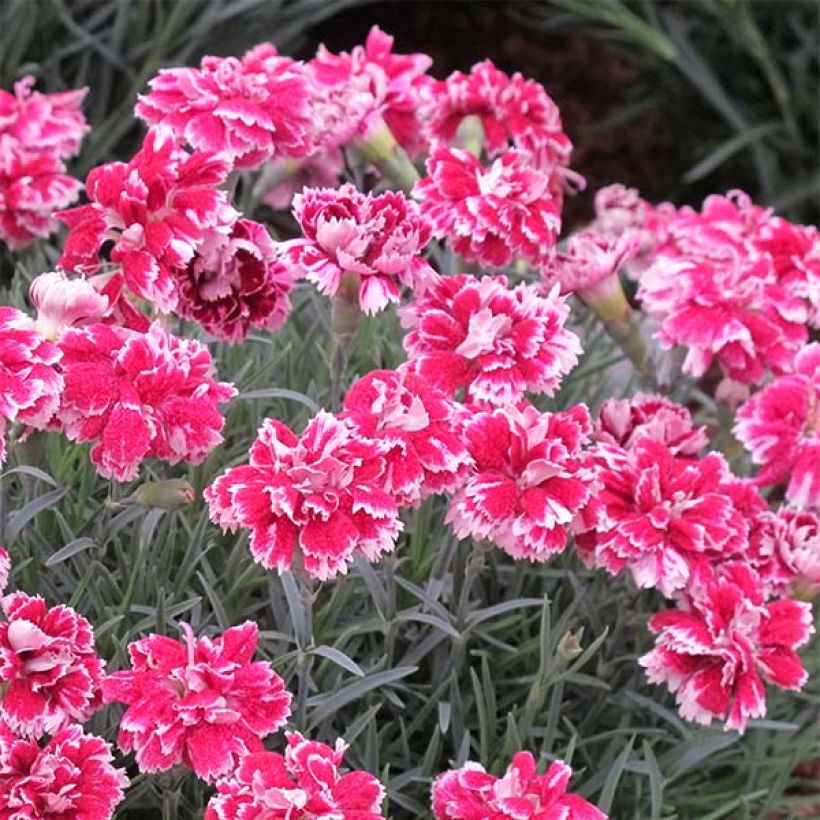

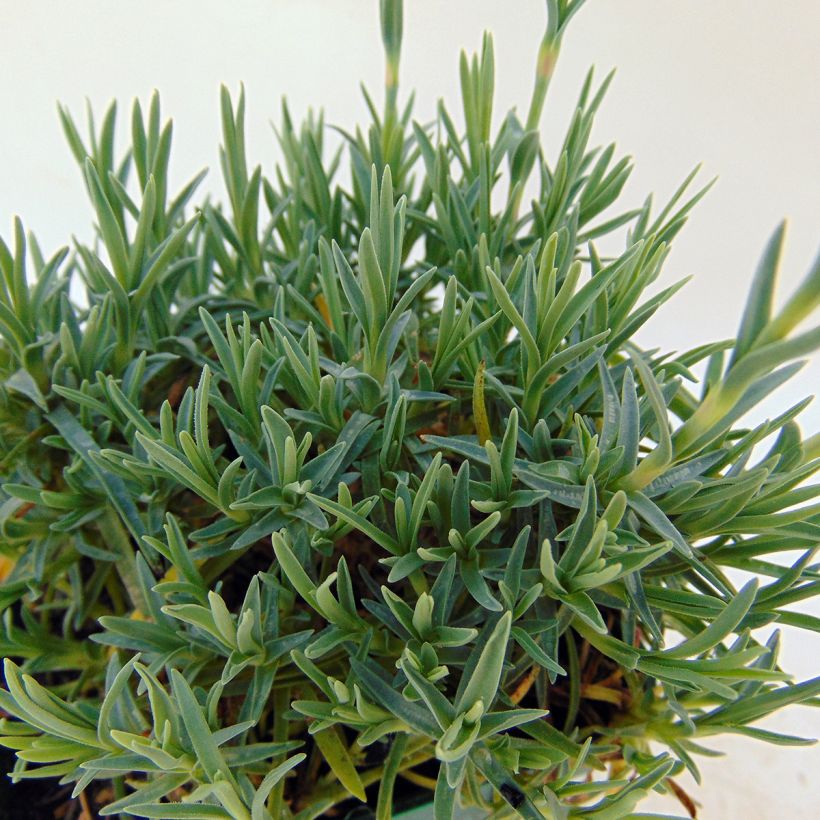

Flowering
Foliage
Plant habit
Botanical data
Dianthus
gratianopolitanus
Whatfield Gem
Caryophyllaceae
Cheddar Pink, Cliff pink, Clove pink, Mountain pink, Sweet pink
Cultivar or hybrid
Other Dianthus - Pinks
View all →Planting and care
The Dianthus gratianopolitanus 'Whatfield Gem' is planted from October to March in a well-draining, dry, poor and stony soil in full sun. In heavy soil or in excessively wet regions, mix compost, sand, and gravel with your garden soil and plant in raised beds. Don't forget to place gravel at the bottom of the hole for good drainage. Remove faded flowers as they appear to encourage new flowering. Apply fertiliser in spring. Beware of slugs and soil that retains winter moisture.
Planting period
Intended location
Care
-
, onOrder confirmed
Reply from on Promesse de fleurs
Similar products
Haven't found what you were looking for?
Hardiness is the lowest winter temperature a plant can endure without suffering serious damage or even dying. However, hardiness is affected by location (a sheltered area, such as a patio), protection (winter cover) and soil type (hardiness is improved by well-drained soil).

Photo Sharing Terms & Conditions
In order to encourage gardeners to interact and share their experiences, Promesse de fleurs offers various media enabling content to be uploaded onto its Site - in particular via the ‘Photo sharing’ module.
The User agrees to refrain from:
- Posting any content that is illegal, prejudicial, insulting, racist, inciteful to hatred, revisionist, contrary to public decency, that infringes on privacy or on the privacy rights of third parties, in particular the publicity rights of persons and goods, intellectual property rights, or the right to privacy.
- Submitting content on behalf of a third party;
- Impersonate the identity of a third party and/or publish any personal information about a third party;
In general, the User undertakes to refrain from any unethical behaviour.
All Content (in particular text, comments, files, images, photos, videos, creative works, etc.), which may be subject to property or intellectual property rights, image or other private rights, shall remain the property of the User, subject to the limited rights granted by the terms of the licence granted by Promesse de fleurs as stated below. Users are at liberty to publish or not to publish such Content on the Site, notably via the ‘Photo Sharing’ facility, and accept that this Content shall be made public and freely accessible, notably on the Internet.
Users further acknowledge, undertake to have ,and guarantee that they hold all necessary rights and permissions to publish such material on the Site, in particular with regard to the legislation in force pertaining to any privacy, property, intellectual property, image, or contractual rights, or rights of any other nature. By publishing such Content on the Site, Users acknowledge accepting full liability as publishers of the Content within the meaning of the law, and grant Promesse de fleurs, free of charge, an inclusive, worldwide licence for the said Content for the entire duration of its publication, including all reproduction, representation, up/downloading, displaying, performing, transmission, and storage rights.
Users also grant permission for their name to be linked to the Content and accept that this link may not always be made available.
By engaging in posting material, Users consent to their Content becoming automatically accessible on the Internet, in particular on other sites and/or blogs and/or web pages of the Promesse de fleurs site, including in particular social pages and the Promesse de fleurs catalogue.
Users may secure the removal of entrusted content free of charge by issuing a simple request via our contact form.
The flowering period indicated on our website applies to countries and regions located in USDA zone 8 (France, the United Kingdom, Ireland, the Netherlands, etc.)
It will vary according to where you live:
- In zones 9 to 10 (Italy, Spain, Greece, etc.), flowering will occur about 2 to 4 weeks earlier.
- In zones 6 to 7 (Germany, Poland, Slovenia, and lower mountainous regions), flowering will be delayed by 2 to 3 weeks.
- In zone 5 (Central Europe, Scandinavia), blooming will be delayed by 3 to 5 weeks.
In temperate climates, pruning of spring-flowering shrubs (forsythia, spireas, etc.) should be done just after flowering.
Pruning of summer-flowering shrubs (Indian Lilac, Perovskia, etc.) can be done in winter or spring.
In cold regions as well as with frost-sensitive plants, avoid pruning too early when severe frosts may still occur.
The planting period indicated on our website applies to countries and regions located in USDA zone 8 (France, United Kingdom, Ireland, Netherlands).
It will vary according to where you live:
- In Mediterranean zones (Marseille, Madrid, Milan, etc.), autumn and winter are the best planting periods.
- In continental zones (Strasbourg, Munich, Vienna, etc.), delay planting by 2 to 3 weeks in spring and bring it forward by 2 to 4 weeks in autumn.
- In mountainous regions (the Alps, Pyrenees, Carpathians, etc.), it is best to plant in late spring (May-June) or late summer (August-September).
The harvesting period indicated on our website applies to countries and regions in USDA zone 8 (France, England, Ireland, the Netherlands).
In colder areas (Scandinavia, Poland, Austria...) fruit and vegetable harvests are likely to be delayed by 3-4 weeks.
In warmer areas (Italy, Spain, Greece, etc.), harvesting will probably take place earlier, depending on weather conditions.
The sowing periods indicated on our website apply to countries and regions within USDA Zone 8 (France, UK, Ireland, Netherlands).
In colder areas (Scandinavia, Poland, Austria...), delay any outdoor sowing by 3-4 weeks, or sow under glass.
In warmer climes (Italy, Spain, Greece, etc.), bring outdoor sowing forward by a few weeks.






























